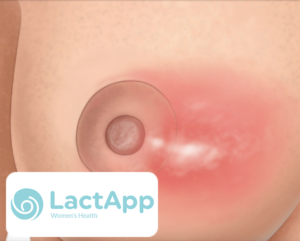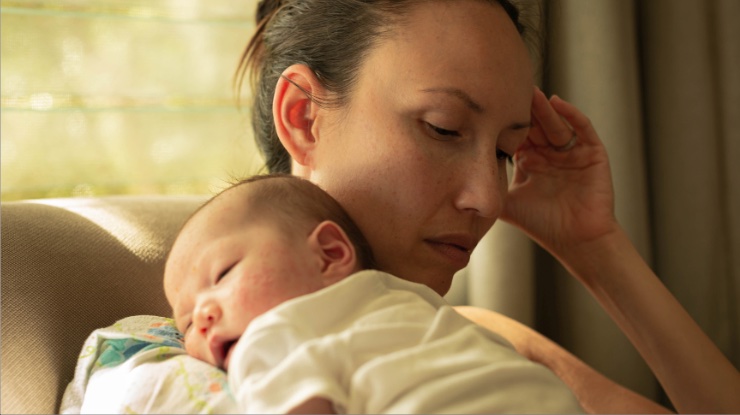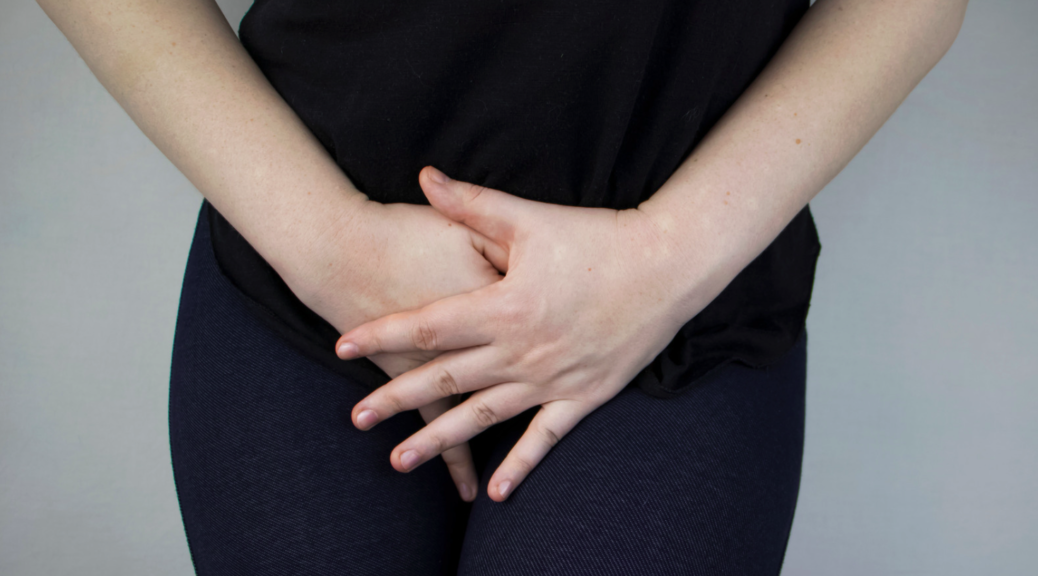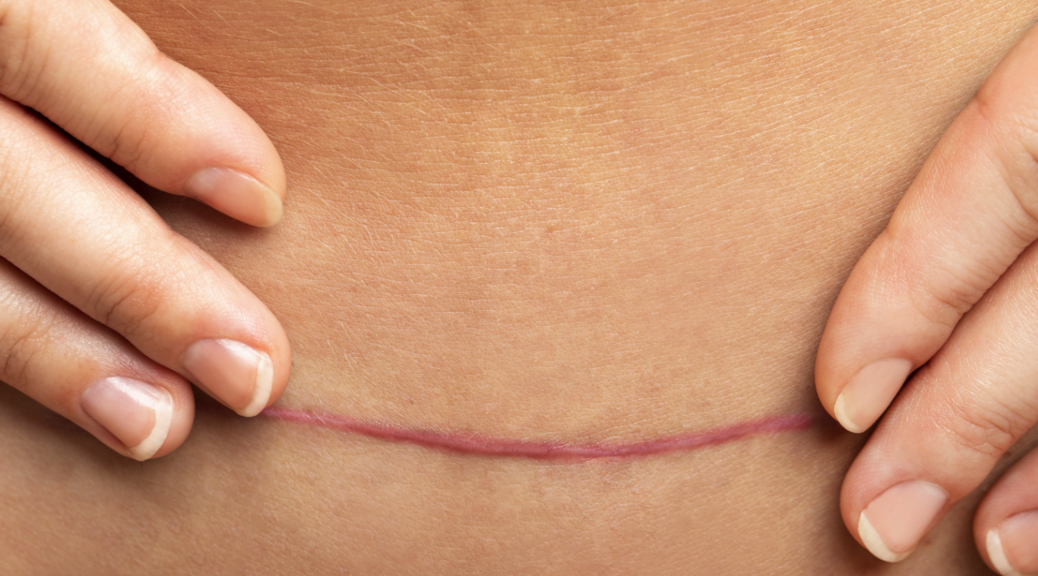Breastfeeding multiple births
In recent decades, multiple births have been increasing in developed countries from a prevalence of 1-2% to a prevalence of 3-4%. This is due to factors such as the increase in maternal age and the use of fertility treatments. Let’s look into the challenges of breastfeeding multiple births. Context of multiple pregnancies These pregnancies carry an increased risk of maternal and fetal complications during pregnancy and/or labor: In addition to this increased risk of complications, which often create worries and…









